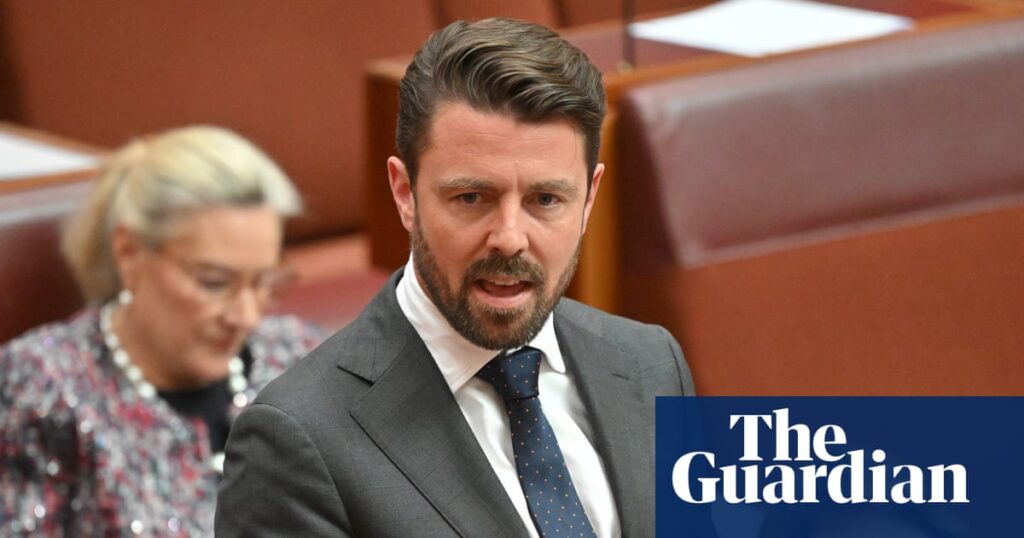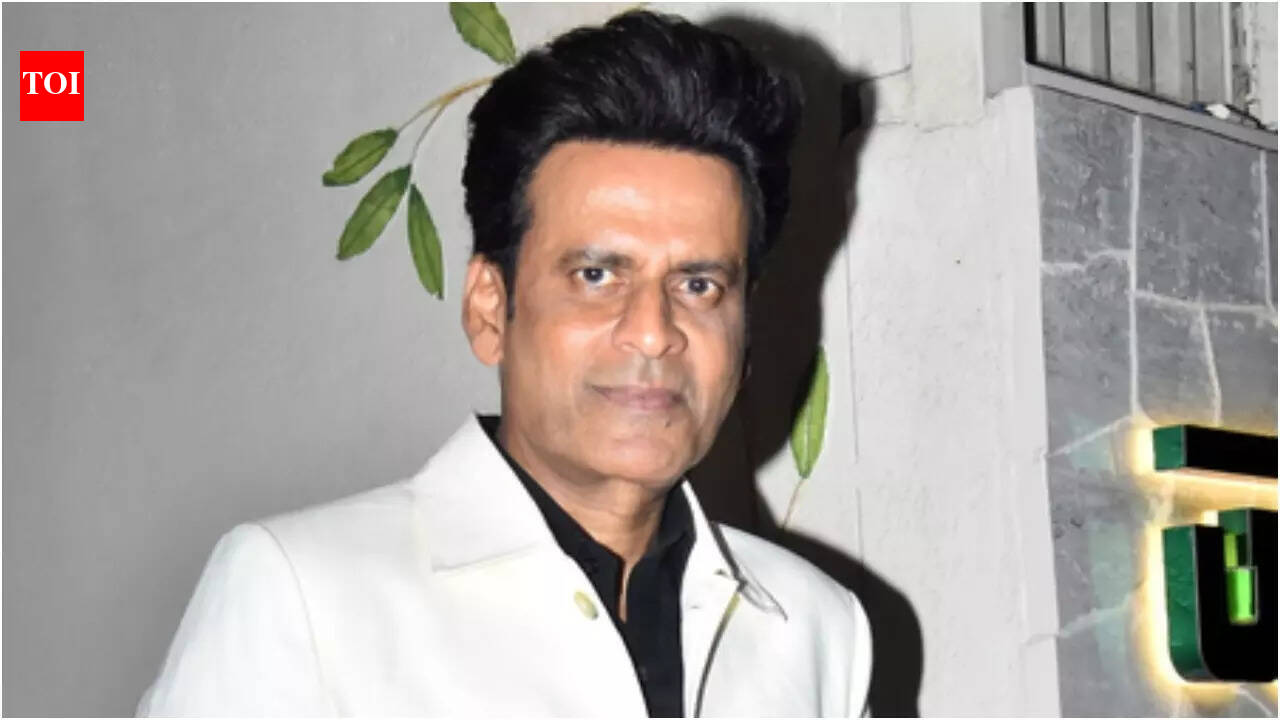
The Coalition has signaled a shift in its approach towards international students at Australian universities, moving away from its earlier stance to reduce foreign student numbers by 80,000. This change comes after the party’s defeat in the federal election in May, with the opposition’s education spokesperson now advocating for a more “sensitive” approach.
During the election campaign, former opposition leader Peter Dutton argued that reducing the number of international students would alleviate housing and rental pressures, claiming that such students were occupying accommodations that should be available to Australian citizens. This perspective was met with strong criticism from the university sector, which labeled the policy as “isolationist” and compared it to the “Donald Trump anti-migration card.”
On Sunday, Jonathon Duniam, the new education spokesperson, acknowledged that the previous policy was not as constructive as it could have been. Speaking to ABC TV, Duniam stated, “Obviously, those numbers were part of a discussion that occurred before an election we lost.”
Reevaluating International Student Policies
Duniam emphasized the importance of international students to the funding of regional universities, stating, “I don’t think that any university should, as some have, use international students as a cash cow. That’s not appropriate because it’s not a good business model, but we need to recognize that a large part of the funding, for especially regional universities, comes from international students.”
He further indicated that a more nuanced discussion is needed, and the Coalition plans to collaborate with both the education sector and the government to address this issue. Meanwhile, the ruling Labor Party also aims to reduce international student numbers, with a target to cap enrolments at 270,000 by 2025.
Shifts in Broader Education Policies
The opposition’s softened stance extends beyond international students. Duniam mentioned that the Coalition is reconsidering its position on several education policies, including its past opposition to the Albanese government’s proposal to reduce students’ Hecs debts by 20%. “We’ve got to move on,” Duniam remarked, acknowledging the election results.
In his budget speech reply, Dutton had pledged to “restore” a curriculum focused on “critical thinking, responsible citizenship and common sense,” though no formal policy was introduced. He criticized the current curriculum for allegedly indoctrinating students and suggested that federal funding for schools could be tied to adherence to a specific curriculum.
Duniam, however, expressed a focus on improving educational outcomes in key areas such as maths, reading, and science, rather than delving into specific curriculum elements. “I think the rest of it will fall away if we’re focusing on the priorities of getting kids out of schools with the best marks possible,” he said.
Controversial Social Issues
Social issues continue to stir debate within the Coalition. Some members, including Senator Claire Chandler, have been vocal about banning transgender women from female sports. Duniam addressed the issue by calling for an “adult debate” but refrained from imposing specific guidelines on schools. “I honestly believe that girls’ sports should be for girls, boys’ sports for boys,” he stated, suggesting that mixed groupings could be arranged through competition or school arrangements.
In a related development, shadow immigration minister Paul Scarr has promised a new tone in discussing immigration, aiming to rebuild support among multicultural communities. “One of the things I am passionate about is getting the tone of discussion right – I think that is of critical importance,” Scarr told Guardian Australia.
“And any discussion of immigration must proceed, in my view, on the basis of the contribution that’s been made to this country by so many people who have come to this country as migrants.”
The Coalition’s evolving stance on education and immigration reflects a broader attempt to recalibrate its policies and rhetoric in response to the electoral feedback and changing societal dynamics.







